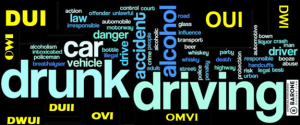Search
Defending Drinking Drivers 2024 Update Now Available

2024 Edition – Defending Drinking Drivers
The Barone Defense Firm is pleased to announce that the 2024 Edition of Patrick Barone’s Defending Drinking Drivers is now available from the publisher, Amazon, and wherever fine books are sold. Known as “revision 40,” the current Edition contains many new sections and model defense motions.
Regarding the defense of a DUI with a blood test, the 2024 update contains sample cross-examination of the doctor, nurse, technician, or phlebotomist. This model cross-examination includes sample questions relative to contamination and suggestions for how to approach and perhaps discredit the credibility of this important but often overlooked pr0secution witness. In Chapter Six, Trial, Mr. Barone sets forth a new way of approaching voir dire, and the 2024 update also contains a sample motion requesting attorney-conducted voir dire. Additionally, in his revision of Chapter 6, Mr. Barone provides a unique and compelling explanation for why seating arrangements are an important element of trial and why the court should consider allowing the defendant to sit next to the jury rather than always cede this seat to the prosecutor by default. A sample motion for requesting that the defendant be provided with the “best” seat is also included in this 2024 update.
 Michigan Criminal Defense Lawyer Blog
Michigan Criminal Defense Lawyer Blog


 For most drivers the
For most drivers the  If you’ve been arrested for operating a vehicle while intoxicated,
If you’ve been arrested for operating a vehicle while intoxicated,